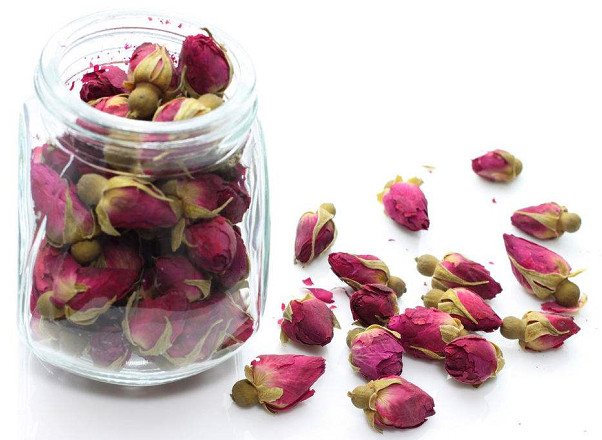Microwave vacuum drying experiment of rose
Roses, also known as red roses, are Rosaceae roses, perennial deciduous shrubs, spiny stems, flowers have red, purple, white, yellow, pink and other colors. Roses grow mainly in temperate regions. It originated in Central Asia and arid regions in East Asia. Distributed in North China, northwest, southwest, Japan, South Korea, North Africa, Mexico, India and other places. It is also widely planted in many other countries. It is not only an excellent flowering shrub, but also an important spice plant.

Dry flower is a kind of long-lasting ornamental plant product which is processed from plant as raw material by color preservation, shape setting and dehydration. It is a new type of decoration developed in recent years, and has a long history abroad.
Drying can overcome the regional constraints and transportation difficulties of rose planting, meet the needs of a broader region, so as to give full play to the resource advantages of rose planting areas. Dried rose petals are still good materials for making fragrant flowers. At present, the main drying method is physical drying (silica gel drying). The 4 method is hot air drying, microwave drying and vacuum freeze-drying.
Silica gel has a long drying time and is suitable for the dry season in the north and is not suitable for rainy season in the south. Vacuum freeze-drying machine technology quality is good, but the investment cost is high; hot air drying has low thermal efficiency, low energy utilization, poor drying product quality and other issues; microwave drying thermal efficiency, good drying quality, but the drying process is complex. ESS is difficult to control, which can easily lead to overheating, damage the quality of products, cause burning and pasting. Surface hardening.
The experiment used microwave vacuum drying rose, microwave drying speed and high efficiency combined with vacuum drying of low temperature drying, using microwave drying materials in vacuum conditions. Compared with other drying methods, microwave vacuum drying has many advantages. The drying process is carried out under low temperature and vacuum conditions. Therefore, the shape and color of dried flowers can be kept to the maximum and the shelf life can be extended. It has the characteristics of fast, low temperature and high efficiency.
The physical drying, room temperature, freezing and microwave drying techniques of rose were discussed, but the microwave vacuum drying of rose was seldom studied.
The temperature, humidity, shape and color of rose under different vacuum and microwave power were compared by microwave vacuum drying equipment. A better drying condition for rose was obtained. Compared with hot air drying, it provides a theoretical basis for industrial production of roses.
conclusion
1) Compared with the hot air drying, the stamens and flowers dried by microwave vacuum had uniform water content and good overall shape. The drying time is greatly reduced. Microwave vacuum drying has great advantages in improving the quality of dried flowers, shortening drying time and improving drying efficiency. Microwave vacuum drying is a feasible method for drying roses.
2) the higher the vacuum degree is, the faster the water transpiration and drying speed is, and the lower the material temperature is. With the increase of microwave power, the drying time is greatly reduced. Considering the drying time, temperature, shape change and the color of dried rose, the vacuum degree is selected to be 0.10.
MPA, 200 W microwave power and 80 minute drying time are suitable drying conditions.